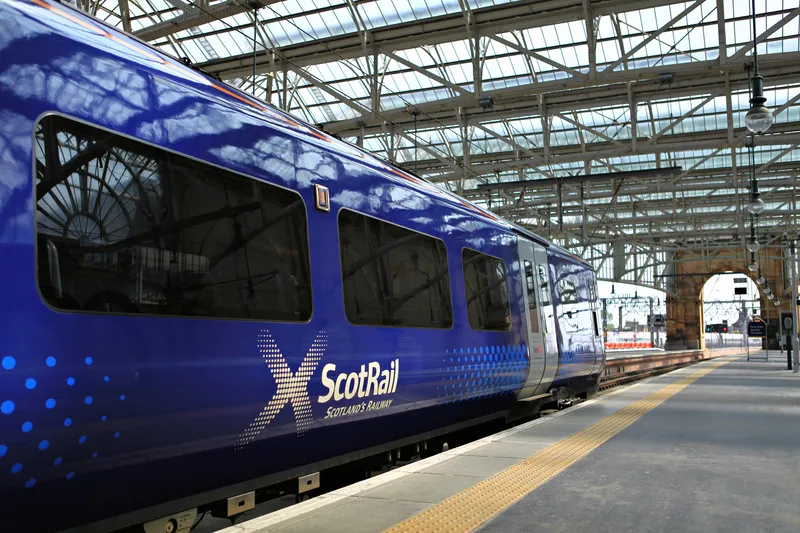The Low Carbon Vehicle Partnership (LowCVP) has launched the Low Emission Bus (LEB) Guide, which aims to be a vital reference for bus operators and local authorities, providing an overview of the benefits of a range of low emission fuels and technologies that reduce both air pollution and greenhouse gas emissions.
The Guide is intended to equip bus operators and local authorities with information to aid purchasing decisions, and encourage the adoption of the most appropriate low emission bus technology a
November 2, 2016
Read time: 2 mins
The Low Carbon Vehicle Partnership (LowCVP) has launched the Low Emission Bus (LEB) Guide, which aims to be a vital reference for bus operators and local authorities, providing an overview of the benefits of a range of low emission fuels and technologies that reduce both air pollution and greenhouse gas emissions.
The Guide is intended to equip bus operators and local authorities with information to aid purchasing decisions, and encourage the adoption of the most appropriate low emission bus technology and associated infrastructure for particular routes and applications.
It covers a range of technologies including: electric, hybrid, plug-in hybrid, electrified ancillaries, hydrogen fuel cell, biomethane, renewable diesel and retrofit selective catalytic reduction. It outlines both the emissions performance and the operational and financial factors fleet operators should consider when procuring new buses and the associated infrastructure requirements and implications. Real-world bus operator case studies are provided to highlight and demonstrate the environmental and business cases for the range of different technologies and fuels.
The UK Government is committed to limiting climate change and improving local air quality. The establishment of Clean Air Zones (CAZ) will discourage the use of older, more polluting buses, taxis, coaches and lorries by charging them to access key areas. Bus operators will be under increasing pressure to reduce the emissions impact of their operations.
As the LowCVP’s LEB Guide shows, the purchase of low emission buses can also offer life-cycle cost/total cost of ownership benefits to bus operators, demonstrating a clear business case for choosing alternative technologies.
Transport Minister John Hayes said: “Buses are the most popular form of public transport and millions of people rely on them every day. Low emission vehicles can make a real difference to air quality in towns and cities, which is why we have committed £30m to help pay for more than 300 new cleaner buses.
“This guide will give operators and councils the information they need to adopt these greener vehicles.”
The Guide is intended to equip bus operators and local authorities with information to aid purchasing decisions, and encourage the adoption of the most appropriate low emission bus technology and associated infrastructure for particular routes and applications.
It covers a range of technologies including: electric, hybrid, plug-in hybrid, electrified ancillaries, hydrogen fuel cell, biomethane, renewable diesel and retrofit selective catalytic reduction. It outlines both the emissions performance and the operational and financial factors fleet operators should consider when procuring new buses and the associated infrastructure requirements and implications. Real-world bus operator case studies are provided to highlight and demonstrate the environmental and business cases for the range of different technologies and fuels.
The UK Government is committed to limiting climate change and improving local air quality. The establishment of Clean Air Zones (CAZ) will discourage the use of older, more polluting buses, taxis, coaches and lorries by charging them to access key areas. Bus operators will be under increasing pressure to reduce the emissions impact of their operations.
As the LowCVP’s LEB Guide shows, the purchase of low emission buses can also offer life-cycle cost/total cost of ownership benefits to bus operators, demonstrating a clear business case for choosing alternative technologies.
Transport Minister John Hayes said: “Buses are the most popular form of public transport and millions of people rely on them every day. Low emission vehicles can make a real difference to air quality in towns and cities, which is why we have committed £30m to help pay for more than 300 new cleaner buses.
“This guide will give operators and councils the information they need to adopt these greener vehicles.”







